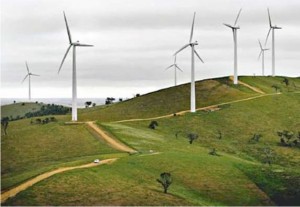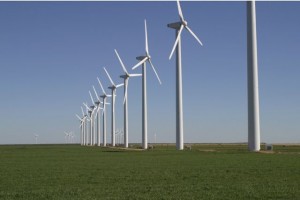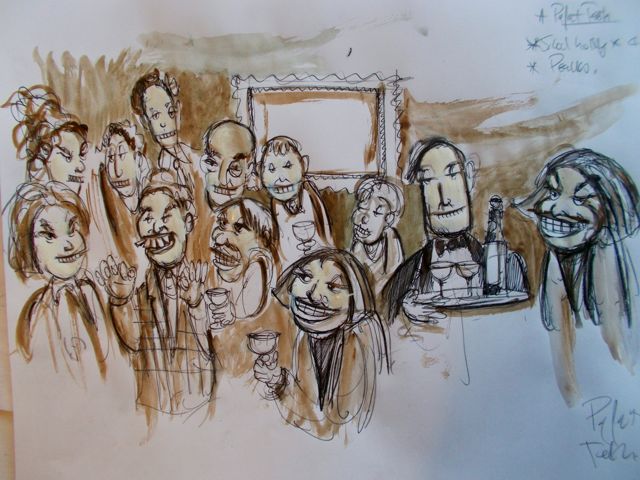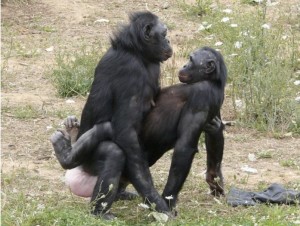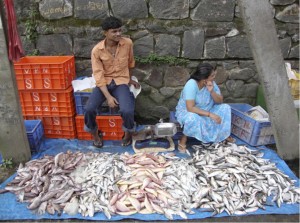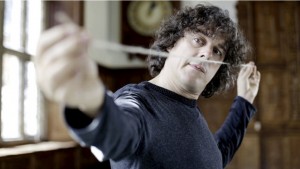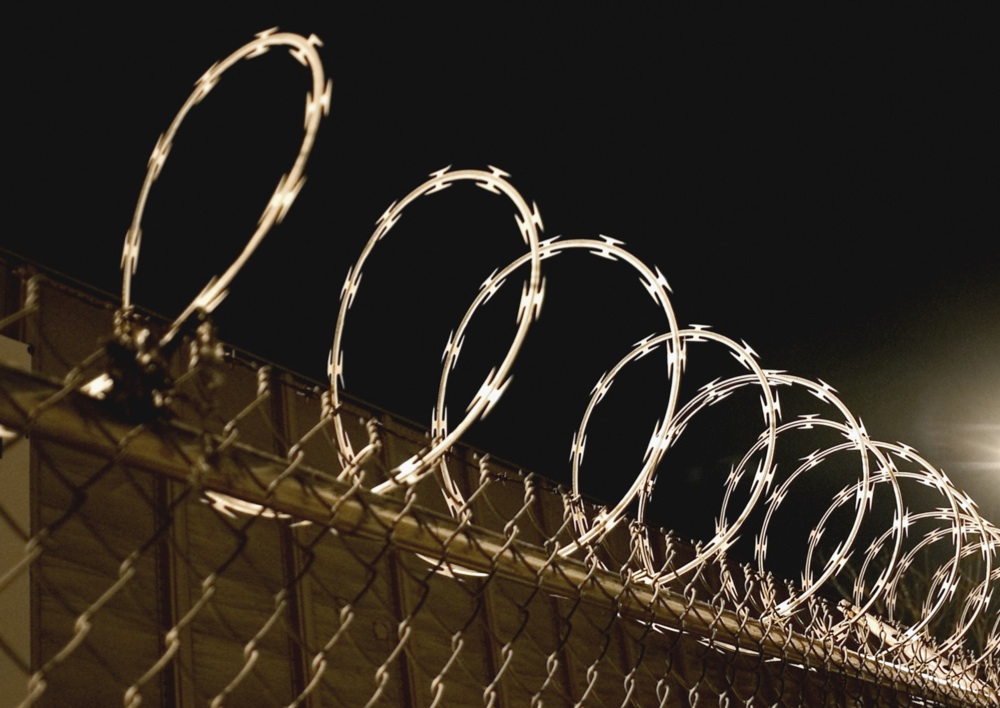
The USA jails its citizens at a rate close to six times that of most other western countries, and among the highest in the world at large.
A rather long post today, but well worth the effort. within this report you will find
1) Because of its prison system, the US is the only country in the world where more men are raped than women.
2) There are more black slaves in America today than in 1850.
3) Solitary confinement, widely used in American prisons, is regarded internationally as torture.
4) The food served in prisons is often stale, moldy, under-cooked, unhealthy and scarce.
5) Many prisoners are forced to work real jobs for private corporations, forcing down wages in the rest of the economy.
by Sean Kerrigan via SeanKerrigan.com,
We’ve done several exposés on the prison system in America, including The Prison System Runs Amok, Expands at Frightening Pace (Sept 6, 2012) and Selling the American Dream is the Biggest Market of All (Sept. 30, 2013), but there’s still much more to be said about this topic. America’s massive prison system is creating a long list of unintended consequences, some of which will effect all of us in the coming years. To help explain just how bad things have gotten, we’ve compiled this list of the most stunning facts and statistics on the America’s prison system today.
1) Because of its prison system, the US is the only country in the world where more men are raped than women.
According to the 2011 report from Department of Justice, nearly one in 10 prisoners report having been raped or sexually assaulted by other inmates, staff or both. According to a revised report from the US Department of Justice, there were 216,000 victims of rape in US prisons in 2008. That is roughly 600 a day or 25 every hour.
Those numbers are of victims, not instances, which would be much higher since many victims were reportedly assaulted multiple times throughout the year. Excluding prison rapes, there about 200,000 rapes per year in America, and roughly 91 percent of those victims are women. If these numbers are accurate, this means that America is the only country in the world where more men are raped than women.
Even if the number of unreported rapes outside of prison were substantially larger than most experts believe, the fact that many victims in prison tend to be raped repeatedly would indicate that rape against men is at least comparable to rape against women.
Kendell Spruce was one such inmate, sentenced to six years for forging a check for which he hoped to purchase crack cocaine. In a National Prison Rape Elimination Commission testimony, Spruce said:
“I was raped by at least 27 different inmates over a nine month period. I don’t have to tell you that it was the worst nine months of my life… [I] was sent into protective custody. But I wasn’t safe there either. They put all kinds of people in protective custody, including sexual predators. I was put in a cell with a rapist who had full-blown AIDS. Within two days, he forced me to give him oral sex and anally raped me.”
Spruce was diagnosed with “full blown AIDS” in 2002 and died three years later.
2) There are more black slaves in America today than in 1850.
This sounds outrageous. How can there be more slaves in America today than before the Civil War? First, consider there are more black men in prison today than there were slaves in 1850, according to Michelle Alexander, an Ohio State law professor, who cited the last census immediately before the Civil War. This comparison not account for changes in population, but the statistic is accurate in terms of sheer numbers .
Next, consider the 13th Amendment to the constitution which reads:
“Neither slavery nor involuntary servitude, except as a punishment for crime whereof the party shall have been duly convicted, shall exist within the United States, or any place subject to their jurisdiction.”
Note there is an exception to the otherwise total abolition of slavery. Those suffering “punishment for a crime” can still be constitutionally enslaved. In other words, everyone convicted of a crime is at least potentially a slave. The Supreme Court has not ruled on whether or not they technically are slaves, but practically it is obvious they are.
Slavery has different definitions, but almost all include the following characteristics: 1) A slave is forced to work under threat of physical or psychological threat. 2) A slave is considered owned property, an asset or commodity which can be sold. Finally, a slave has restrictions on their liberties, including freedom of movement. Right or wrong, a US prison inmate easily meets this criteria.
Prisoners can be denied communication with their fellow inmates, or forbidden from voluntary associations including union membership. Obviously, they are denied their freedom to leave the prison, but they are also forced to work unpaid or for extremely low wages. Prisoners are effectively being bought and sold to private corporations who are using them as cheep labor for private gains. There is also a market for younger and healthier prisoners because their healthcare cost make them less expensive to hold. Private prison contracts allow the transfer of prisoners to state run institutions.
If this is not slavery, then what is?
3) Solitary confinement, widely used in American prisons, is regarded internationally as torture.
This form of punishment has become increasingly common in the US since it was introduced as a part of America’s then new “Supermax” prison system which began growing in the mid-1980s. Prisoners held in solitary confinement are typically kept in a small, windowless cell for 23 hours a day, with minimal access to lawyers, family and guards. The number of prisoners currently in solitary is estimated to be around 80,000, though the number is growing faster than the overall prison population, indicating the method is becoming increasingly normalized.
Solitary confinement is used against a variety of offenders, including those picked up for immigration violations, which is a misdemeanor or the legal equivalent of a reckless driving ticket. Others are placed in solitary confinement “for their own protection” since they may be a target of other violent inmates. There are few regulations prohibiting its use or duration.
The Sun Times reports that Former US Rep. Jesse Jackson Jr., who is currently serving a prisons sentence for breaking campaign finance laws, was removed from the general prison population and placed in solitary confinement for 5 days after “advising other inmates in North Carolina about their rights in prison, according to the source, who said a guard took exception to that.”
Human rights groups have called the practice torture. The Center for Constitutional Rights argues:
“Researchers have demonstrated that prolonged solitary confinement causes a persistent and heightened state of anxiety and nervousness, headaches, insomnia, lethargy or chronic tiredness, nightmares, heart palpitations, and fear of impending nervous breakdowns. Other documented effects include obsessive ruminations, confused thought processes, an oversensitivity to stimuli, irrational anger, social withdrawal, hallucinations, violent fantasies, emotional flatness, mood swings, chronic depression, feelings of overall deterioration, as well as suicidal ideation.”
This was known as far back as the 1890s, when the Supreme Court originally ruled on the practice. They noted then:
“A considerable number of the prisoners fell, after even a short confinement, into a semi-fatuous condition, from which it was next to impossible to arouse them, and others became violently insane; others still committed suicide, while those who stood the ordeal better were not generally reformed, and in most cases did not recover sufficient mental activity to be of any subsequent service to the community.”
Despite this admission, the practice itself wasn’t ruled on and the method is still used today.
4) The food served in prisons is often stale, moldy, under-cooked, unhealthy and scarce.
In the 1940s, prison food used to be good, offering a wide variety of options. Today, they call it “shit on a shingle.” The reality is not much worse. State budget cuts and the trend to privatize prisons and prison services has substantially cut food variety and quality.
Incentives to cut costs exist at the institutional and individual level. In Alabama, state law allows law enforcement to pocket leftover funds after feeding prisoners provided they can still provide for their basic needs. The incentive to cut on quality and quantity resulted in the arrest and sentencing of Morgan County Sheriff Greg Bartlett who kept over $200,000 in funds intended for prisoners. The judge concluded that Bartlett had failed to provide “a nutritionally adequate diet.”

In April 2008, 277 prisoners at Florida’s Santa Rosa Correctional Institution became sick after eating chili. The Tampa Bay Times repoted the Philadelphia based food provider, Aramark, “landed the state contract in 2001 and is currently paid $2.67 per inmate for three meals a day. It serves about 60,000 inmates across Florida and contends it has saved the state $100-million in food costs.” The chili story is not an anomaly; it has been repeated across the country including New Jersey, where Aramark also provides meals.
This video shows some of what prisoners in Alabama are forced to eat — rotten and uncooked meat. It’s difficult to hear, but skip to 0:59 to get a good view of what the meat looks like.
Even when the food isn’t rotten, that doesn’t mean it is particularly appetizing. Occasionally, the food tastes so bad that it has been considered “unconstitutional” in some states. States like Illinois and Pennsylvania feed inmates a food called “Nutraloaf,” a mix of raw vegetables shaped like a meatloaf. In this video, the staff of the Glens Fall Post Star newspaper taste test the block of food. They conclude, “One bite is one thing, but if you have to live on that, that is awful.”
Sickness and hunger are a common and increasingly accepted part of being a prisoner in America. In addition to stale and rotten food, servings are often extremely small. Truthdig columnist Chris Hedges quotes a prison inmate who said, “You could eat six portions like the ones we served and still be hungry. If we put more than the required portion on the tray the Aramark people would make us take it off. It wasn’t civilized. I lost 30 pounds. I would wake up at night and put toothpaste in my mouth to get rid of the hunger urge.” Read the rest of Truthdig’s expose for more.
5) Many prisoners are forced to work real jobs for private corporations, forcing down wages in the rest of the economy.
While cheap sweatshop labor is becoming increasingly common across the country, no one takes better advantage of the system than prisons.
Alternet reports that almost 1 million prisoners are doing simple unskilled labor including “making office furniture, working in call centers, fabricating body armor, taking hotel reservations, working in slaughterhouses, or manufacturing textiles, shoes, and clothing, while getting paid somewhere between 93 cents and $4.73 per day.” They continue:
“Rarely can you find workers so pliable, easy to control, stripped of political rights, and subject to martial discipline at the first sign of recalcitrance — unless, that is, you traveled back to the nineteenth century when convict labor was commonplace nationwide…. It was one vital way the United States became a modern industrial capitalist economy — at a moment, eerily like our own, when the mechanisms of capital accumulation were in crisis.”
Compare the cost of less than $5 a day with the cost of a minimum wage worker at $58 a day and you begin to see the perverse influence on the entire labor market.
CNN Money reports that prison inmates are now directly competing for jobs in the rest of the economy, and employers are finding it increasingly difficult to keep up. Lost jobs are the result. They cite one company, American Apparel Inc., which makes military uniforms. They write:
“‘We pay employees $9 on average,’ [a company executive] said. ‘They get full medical insurance, 401(k) plans and paid vacation. Yet we’re competing against a federal program that doesn’t pay any of that.’
[The private prison] is not required to pay its workers minimum wage and instead pays inmates 23 cents to $1.15 an hour. It doesn’t have health insurance costs. It also doesn’t shell out federal, state or local taxes.”
The new influx of cheap, domestic labor will inevitably drive down wages for both skilled and unskilled jobs.





